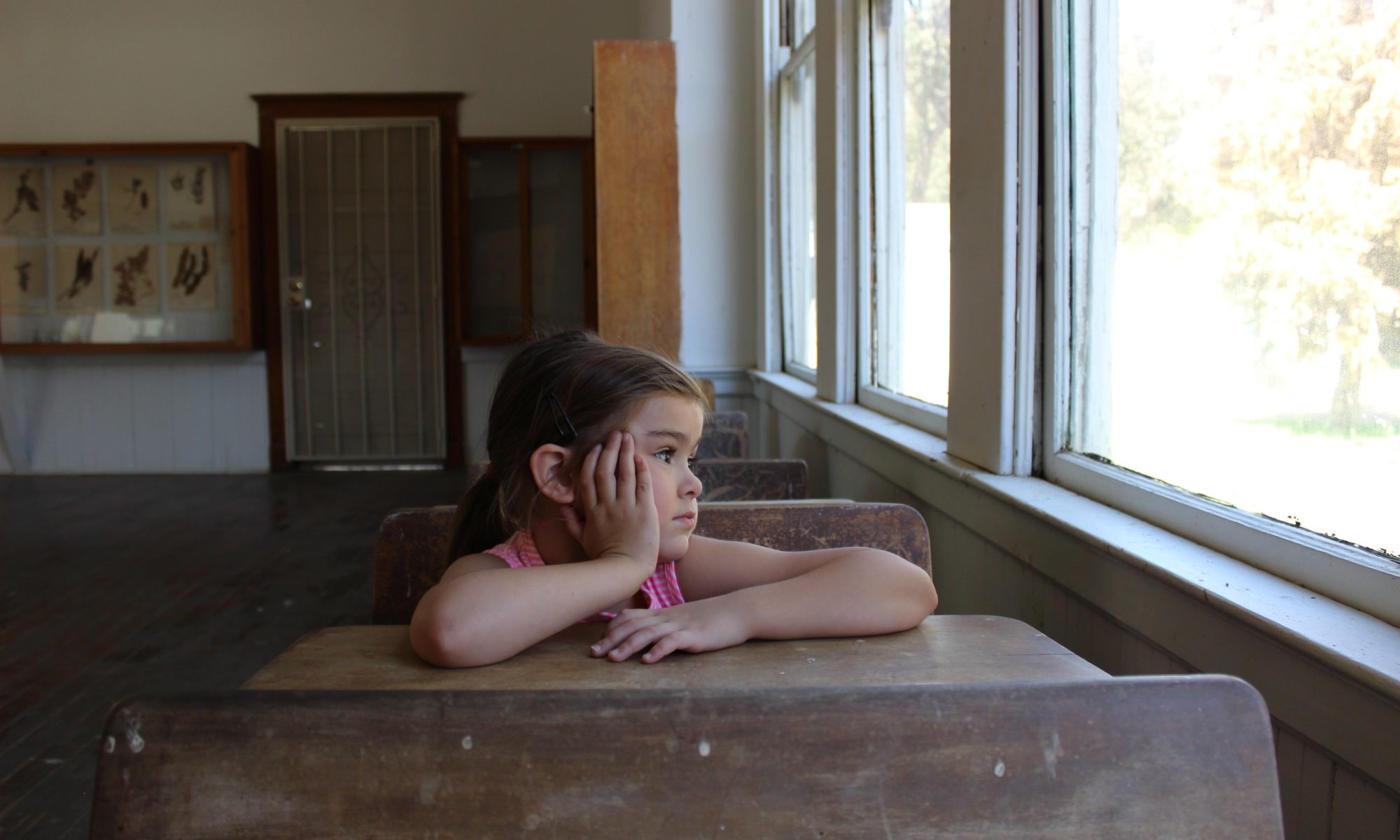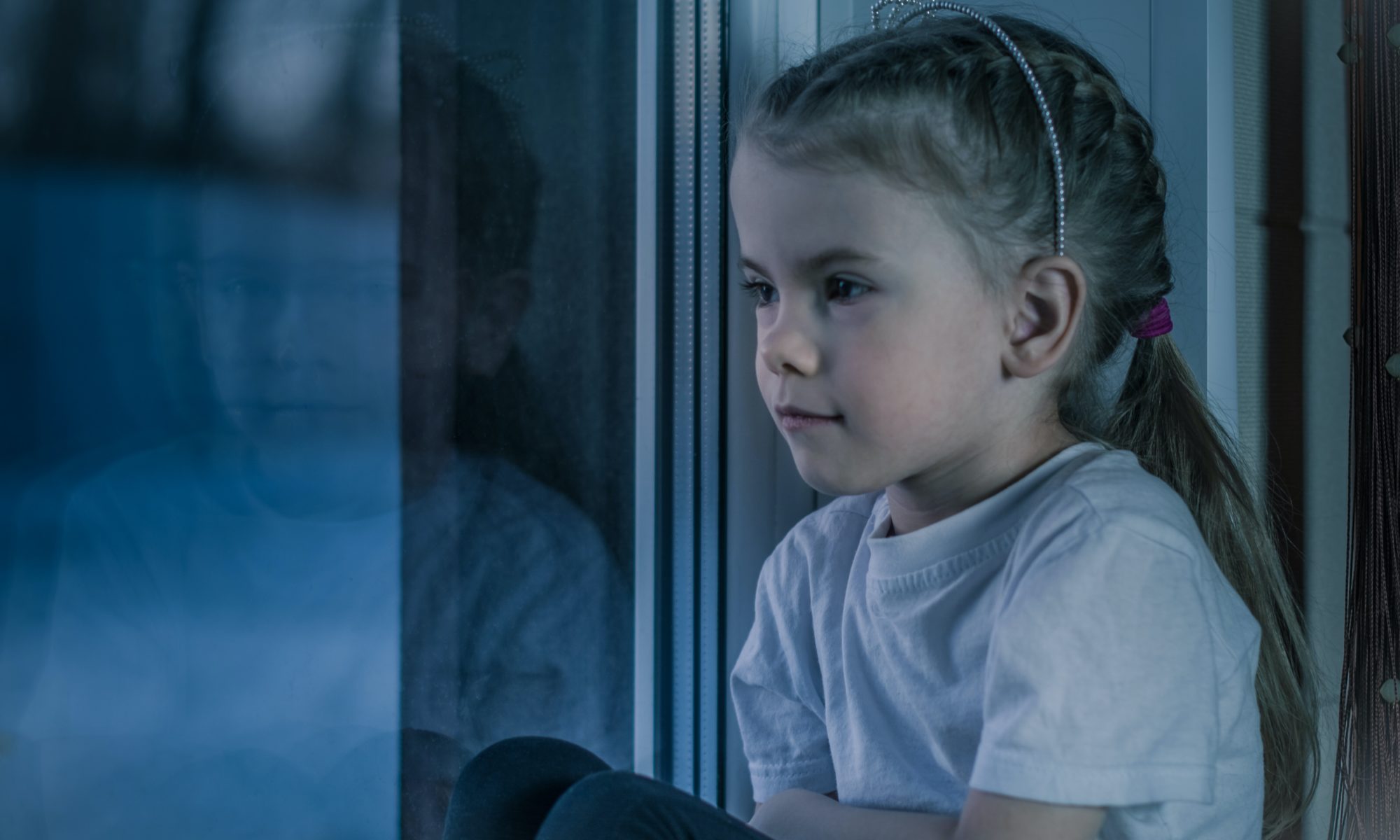It’s not always easy figuring out how a co-parenting arrangement might work. The good news is that establishing a co-parenting arrangement doesn’t always require going through the courts. An amicable, voluntary agreement can help save time and money for parents who want joint custody of their children.
Here, we’ll discuss various ways to make co-parenting agreements without going through the courts. We’ll also answer some common questions about co-parenting.
To learn more about co-parenting arrangements without going through the courts, keep reading.
Getting Started With Negotiating
You may want a better way to reach a custody agreement. It might surprise you to learn that the best custody agreements have been drafted outside of a courtroom.
These kinds of arrangements involve mutual agreements between two parties. Sometimes, a neutral third-party may help.
In this way, former couples can create a reasonable custody agreement in an open and mature manner. These kinds of agreements are usually acceptable to the courts.
Making a Co-Parenting Arrangement
You may have an amicable relationship with your ex-spouse or partner. If so, you might find that it’s possible to create a written agreement regarding the care of your child. For instance, one parent may have partial custody, and the other would have visitation rights.
Still, the two of you will need to make decisions. For instance, you’ll need to figure out where your child will spend their birthday. You’ll also need to figure out where your child will spend special holidays and other important family events.
There are three ways that you might go about this task. These methods include.
• Alternative dispute resolution
• Mediation
• Collaborative law
Let’s have a closer look at these practices.
Getting Help With Negotiations
Even though the two of you are agreeing to agree, you may still need to conduct an informal negotiation. Negotiation would involve you, your former spouse, and possibly another party.
This kind of negotiation is called alternative dispute resolution (ARD). It’s a relatively new concept.
ARD is used for a variety of processes. It enables parties to settle disputes out of court and bypass lengthy trials.
A Better Way to Resolve Conflicts
The ADR process is less adversarial. It also takes place in a setting that’s more casual than a court. Still, there are other benefits to alternative dispute resolution.
For example, there’s a lesser degree of conflict between parties during ADR. Also, couples that participate in ADR seem more willing to work together to resolve issues. Furthermore, ADR proceedings don’t become a part of the public record.
Navigating Custody
Some separating couples also resolve conflicts using an informal settlement negotiation process. This process is called mediation.
Again, the emphasis here is on non-adversarial conflict resolution. In this process, a mediator will meet with you and your former spouse. The mediator will help you to settle any disputes.
The mediation process can help you and your former spouse to avoid hostile, stress-filled litigation. It will also spare you and your child from the trauma of a custody dispute.
What to Expect
A mediator will not impose a solution for a dispute. Instead, they will aid you as parents. The mediator will help the two of you come to an agreement.
Some states do ask mediators to make recommendations. However, they only usually do so when the parties involved in mediation cannot reach an agreement.
Also, some states encourage mediation over child custody litigation. In these states, legislators view mediation as a better method for establishing child custody and visitation compared to litigation.
The Benefits of Mediation
Mediation offers several benefits. Firstly, it doesn’t require the expense of hiring a lawyer. There’s also no need for the courts to call expert witnesses during mediation.
Couples usually resolve mediation matters after five to ten hours of negotiation. These negotiations may take place over a period of one to two weeks.
Mediation, rather than litigation, enhances communication between parents. In other words, it’s more likely that divorced parents who’ve taken part in mediation will continue to cooperate. This outcome is very beneficial for raising emotionally healthy children.
The Mediation Process
There are several steps involved in the mediation process. First, you’ll need to meet with the mediator for the first time.
During the initial meeting, the mediator will identify and categorize any issues. After identifying any issues, the mediator can help you and your ex-partner discuss solutions.
During the discussion, your mediator will encourage both of you to maintain a give and take attitude. Once you’ve come to an agreement, the mediator will help to prepare your custody agreement.
The amount of time that it takes you to complete mediation will vary depending on a few things. For instance, mediation will take longer or shorter depending on the number of custody issues that arise.
The length of the mediation will also vary based on the complexity of your issues. Finally, your commitment to a successful agreement will also affect how long the full mediation process takes.
A New Kind of Family Law
Another kind of negotiation falls under a relatively new and emerging legal process. The process is called collaborative law. In many cases, parents find that collaborative law is very useful.
Collaborative law practices help to reduce legal costs. They also help to reduce animosity between involved parties.
These kinds of benefits are important when trying to achieve a child custody agreement. During a collaborative law process, the primary focus is an absolute commitment to coming to an agreement.
Understanding Collaborative Family Law
During a collaborative law process, two lawyers negotiate in a room alongside the parents. The lawyers work together to help guide parents in the same direction. The goal here is to resolve any issues and disputes.
Collaborative law is different from alternative dispute resolution and mediation. With this process, there’s no neutral third-party involved in the process.
Accordingly, you may have decisions to make as the collaborative law process moves forward. For instance, you may choose to hire a lawyer or an expert to help with accounting issues. You might also need to hire other professionals to help with asset valuation or any other important issues that may arise.
Settling on an Agreement
If you’re entertaining entering a parenting agreement, you’re most likely separating from a former partner or spouse. If a child is involved in the separation, it’s important that you create a parenting agreement.
Challenging times may have led to the separation. Nevertheless, you must focus on putting the needs of your child first.
In other words, you’ll need to do everything that you can to come to a mutual agreement about custody and visitation issues. Coming to an agreement is a much better alternative compared to leaving it to a judge to decide what’s best for your family.
Why Make a Parenting Plan?
A parenting plan is a written agreement. It will help set a precedent for a successful post-separation relationship.
The making of your parenting plan is an opportunity for you and your ex-partner to talk about important issues. It will help the two of you examine things that may come up during your child’s lifetime.
For example, a parenting agreement might include the terms of the parenting schedule. It might also highlight each parent’s shared expenses and responsibilities for raising the child.
Finding a Parenting Plan that Works
There’s no pre-made parenting plan that will work for every family. What works for one family may not work for another.
Some parents will prefer a split custody parenting plan. This kind of plan provides for frequent and continuous contact with each parent about 50% of the time.
Other parents may prefer a plan where one parent has limited contact. For example, a separating couple may prefer an arrangement where one parent has the child every other weekend plus a midweek.
Alternatively, the parenting plan could make provisions for an occasional overnight visit. These kinds of points are something that only you and your former partner can decide.
Managing Parenting Plan Changes
A question often comes up after parents create a parenting plan. The parents have done the challenging work of working together to create a parenting agreement.
However, eventually, they realize that things could change over time. Now, they’re left wondering what they’ll do when the terms of the current parenting agreement are no longer ideal.
It’s possible to make changes to a parenting agreement. After finalizing a parenting agreement, most couples don’t want to revisit the experience of returning to court, and this is understandable.
However, there’s something that you need to understand in this regard. It’s possible that a dispute could arise in the future.
If this happens, the courts will decide based on the last legal parenting agreement, no matter how long the two of you have used a verbally agreed-on plan.
Parenting Plan Points to Consider
As you develop your parenting plan, you and your ex will need to consider a few important things. Of course, you’ll need to consider your custody agreement. Here, you’ll need to come up with a plan that works for both you and your child.
Separating parents make many different kinds of custody arrangements. For example, separated parents could continue to live near each other. In this case, a shared parenting schedule with equal time with their child may work well.
What’s important here is to come up with a plan where everyone agrees. Your custody plan must be palatable for everyone involved.
With this in mind, you’ll also want to get input from your child. If they’re of a suitable age, their feelings about the situation should weigh in your decision.
Choosing Living Arrangements
Often, children prefer a flexible living arrangement. In other words, they want the ability to transition between households as desired. When parents separate, kids often want to go from household to household on their schedule, not that of their parents.
Here, it’s important to remember that kids want to know their parents care about them. They also want to know that both parents will continue to be a part of their everyday life. It’s vital to provide this benefit for your children with few interruptions and stresses.
Visitation
In some instances, you may find that you’re geographically separated after a divorce or separation. In that case, you may need to choose a primary residence for your child during the week and school year. They’ll then usually visit with the other parent on weekends, holidays, and summer.
In this scenario, your parenting plan should include where and when you’ll exchange your child. It should also include how the two of you will make decisions about where your child will stay during an emergency.
Your parenting plan might also address the visitation percentage of the non-custodial parent. For instance, couples usually agree that the non-custodial parent will have about 20% of the total parenting time.
Education
You’ll also need to come to an agreement about your child’s education. It can prove very disruptive for a child to change schools mid-year. With this in mind, you’ll want to achieve continuity and stability for your child.
For example, you might agree not to change school arrangements until the end of the school year. You’ll also need to work out how you’ll both contribute to school expenses.
Again, this kind of problem might arise for parents who live in geographically separate areas. You may find that your child wants to change the living arrangement and move with the other parent.
In that case, they’ll also need to attend a new school. You’ll need to consider this as you draft your parenting arrangement.
Also, don’t overlook the time your child needs to study and do their homework. In addition, both parents should be prepared to help with assignments when needed.
Finalizing a Parenting Plan
The courts must approve your final parenting plan. Until the courts approve the plan, it has no legal standing.
This part of the process begins with a judge reviewing your parenting plan. The primary concern of the judge is that your plan meets the best interests of your child.
In this regard, the Family Court must accept your parenting plan. If they do, the parenting plan becomes a court order. In other words, you must legally abide by all terms of the parenting plan.
A Tool That Makes Co-parenting Easier
Hopefully, our brief overview has helped you see the benefits of a co-parenting arrangement. Coming to an agreement is just the first step in successfully raising a child after separation.
You’ll also need to keep track of many things as you raise your child. 2Houses can help.
2Houses can help you with co-parent scheduling, communication, financial tracking, and more. Give our 14-day free trial a try to learn how.










